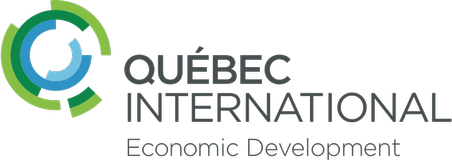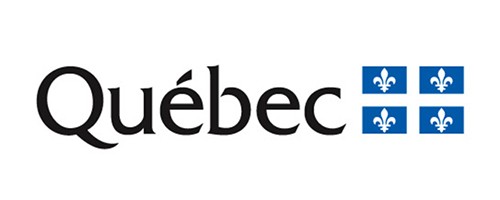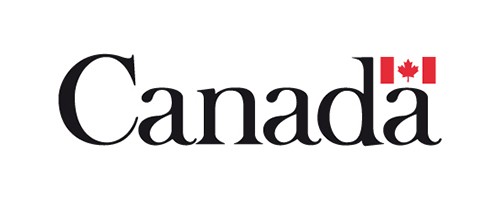See the original article (french only) : La Presse
At the moment, however, government interventionism favouring the electric bus maker Lion in Saint-Jérôme stirs ups anger in traditional school bus manufacturers like Girardin and Thomas, in Drummondville, who are expecting a drop in their sales (see screen 4).
Investissement Québec (IQ) President and CEO Guy Leblanc discussed his intervention strategy in the promising battery sector during an editorial meeting with La Presse on Tuesday.
The public corporation management wanted to explain the role and activities of the new IQ since the integration of 400 officials from the Centre de recherche industriel du Québec and the Ministère de l’Économie et de l’Innovation. There were also discussions about the treatment reserved for Chinese investment projects, the local processing of natural resources, and sustainable development, which IQ intends to put at the centre of investment decisions (see other texts).
“We intend to invest between 1 and 2 billion dollars in public funding with 4 to 6 billion in private investments. This will take place over the next two or three years.”
— Guy LeBlanc, President and CEO of Investissement Québec
“We hope to be able to make some major announcements in the next six to twelve months, with international expertise in every component of the chain,” he adds.
Why this enthusiasm? A study requested in 2019 by Propulsion Québec, the cluster for electric and smart transportation, urged the government to quickly position the province of Quebec as a hub for this industry which would be experiencing exponential growth due to the popularity of electric vehicles. Quebec has a great asset in the fact that it can produce batteries using clean energy, a valuable characteristic as industrial players are trying to minimize their carbon footprint.
“The development of the lithium-ion battery sector has the potential to become a strong driver for economic development in Quebec and its regions, provided that they take this opportunity quickly,” stated the study.
ONE BILLION DOLLARS REQUIRED AT EACH STAGE
The stages in the sector are the extraction of resources like graphite and lithium spodumene, the transformation of resources into battery-quality components, the fabrication of anodes and cathodes, the assembly of battery cells, and the manufacturing of battery modules.
The approximate investment for each stage is around one billion dollars. “To convert spodumene into battery-quality lithium, it’s one billion,” says Mr. Leblanc. “To make cathodes, it takes one billion. To make cells, it’s a major investment based on the production capacity. In the first stage, it takes one billion.”
For example, Nouveau Monde Graphite recently awarded an engineering contract to BBA for the preparation of the final feasibility study for its $700 million commercial graphite purification and coating plant, to be built in Bécncour’s provincial industrial park.
IQ is a shareholder of Nouveau Monde, as well as Mason Graphite and Nemaska Lithium. The latter announced at the beginning of June that it had reserved a site for its spodumene processing plant in Bécancour. IQ is also a partner in North American Lithium.
Mr. Leblanc insists that the sector would not be complete without battery recycling. “For electricity to make a difference in terms of greenhouse gas (GHG) emissions, battery recycling is essential. There will be no chain without recycling, and we are already in discussions with partners.”
In the same breath, Mr. Leblanc notes the total absence of active businesses in aluminum recycling in Quebec. “We are sending it to Ontario and the United States. It makes no sense. We need to have recycling and processing capabilities. Investment is essential.”



